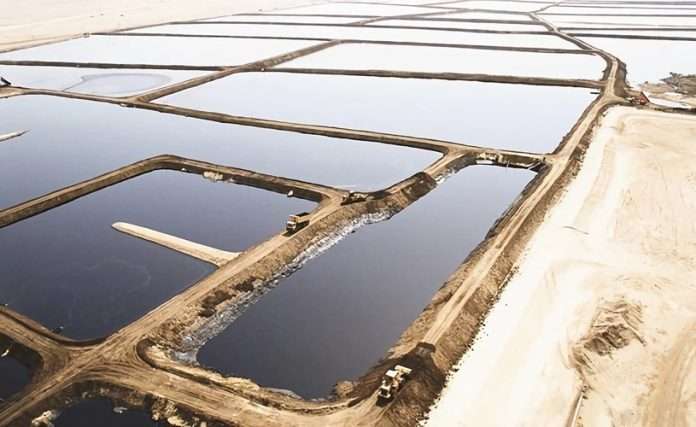The MEED magazine reported that rapid progress is now being made in clearing the Kuwaiti desert of oil pollution in the aftermath of the Gulf War, saying the Kuwait Oil Company is confident of the success of Kuwait’s environmental reform program, according to Muthanna Al-Moumen, the company’s remediation projects team leader.
The Environmental Remediation Project is the largest project of its kind in the world and was developed by the United Nations Compensation Commission to enable Kuwait to address the environmental damage resulting from the 1990-1991 Gulf War, reports Al-Anba daily.
The magazine said that more than 30 years after the establishment of the United Nations Compensation Guarantee Committee for Kuwait, the committee announced in February 2022 that it had satisfied its final claim, which amounted to a total value of $52.4 billion.
It is understood that some $3.5 billion in compensation money is being spent to clean up damage from war-related oil spills.
Approximately 114 square kilometers of the surface of the Kuwaiti desert has been contaminated by the burning of approximately 700 oil wells, which were set on fire before the withdrawal of Iraqi forces as a result of the US-led Operation Desert Storm in 1991. The fire continued for about 10 months and pall of dark smoke he cast shadows of blackness over the Gulf skies that rose about 22,000 feet, creating widespread environmental damage on the ground and in the air.
The magazine said that wet and dry oil lakes and trenches filled with crude oil were formed by drainage and flow from damaged well heads.
Some of these pools pose a more complex clean-up challenge because they are located near aquifers or contained unexploded ordnance.
Implementation of the project to clean up all the crude oil spilled as a result of the war has been stalled for several decades due to the project’s unique challenges, but recent years have seen a marked increase in activity with major contract bids and awards.
Five contracts were awarded in 2021, valued at $949 million, and are expected to be completed in either late 2025 or early 2026.
These include pollution sites in North Kuwait, Sabriya, Al-Rawdatain, and South Kuwait in the Greater Burgan Field area.
As of June 16, five million tons of soil have been excavated, while 2.3 million tons of soil are currently being processed, and 432,000 tons have been successfully treated, according to the Kuwait Oil Company.
The procedures include bioremediation, which uses bacteria to break down the oil, and mechanical soil washing, which uses machines to separate the oil from the soil.
Al-Moumen said that due to the enormity of the task at hand, very few environmental reclamation companies have undertaken such large volumes in such a limited time, but in general, the contractors have presented solid plans that the company is confident they can achieve.

















